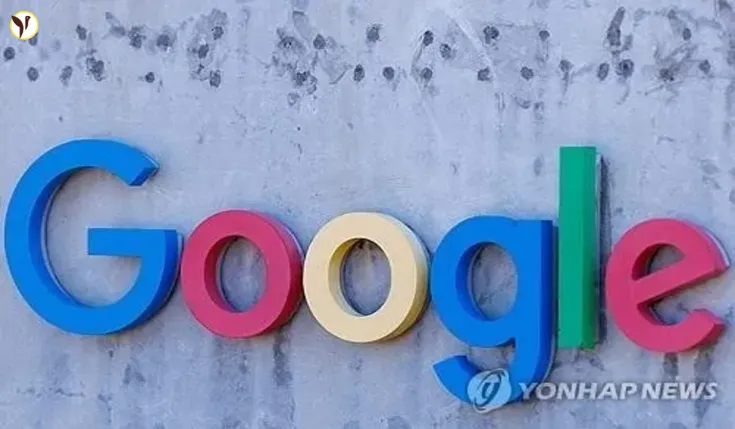The Google Antitrust Trial: Whoa, This is Huge
Okay, so you've probably heard whispers about the Google antitrust trial. It's a massive deal, and I'm not exaggerating. We're talking about the future of online search, and, get this, artificial intelligence. The Department of Justice (DOJ) is basically saying Google's gotten way too powerful, using its AI smarts to squash any competition. And honestly, who saw that coming? I mean, it’s Google; everyone uses it.
The DOJ's Case: Breaking Up is Hard to Do (But Maybe Necessary?)
The DOJ’s opening statement was all about how Google's dominance, especially with its new AI product Gemini, is just plain unfair. They argued that Google is using its power to stifle innovation and hurt consumers. The government lawyer, David Dahlquist, basically said ignoring Google's AI ambitions would be a gigantic mistake. It's not just about search anymore; it's about who controls the whole AI landscape.
Google, on the other hand, argued that it’s not that bad and that its competitors are doing just fine. They called the DOJ's proposals a "wishlist" – a bit cheeky, right? But the implications are huge, and the stakes are high.
Proposed Remedies: A Google Breakup? Seriously?
The DOJ wants to do some serious surgery on Google. We're talking about forcing them to sell off Chrome, their wildly popular browser. The idea is that this would open up the search market and give other companies a real fighting chance. Sounds pretty drastic, right? It’s reminiscent of those old antitrust cases that broke up AT&T and Standard Oil. They also want to end Google's exclusive deals with manufacturers like Samsung – deals where Google pays big bucks to get Gemini pre-installed. The judge actually already ruled those deals anti-competitive.
Google's Counterattack: Innovation vs. Monopoly
Google, understandably, isn't thrilled. They say the DOJ’s demands are excessive and would kill innovation, especially in the global AI race with China. They argue a broken-up Google would be less able to compete internationally. They also pointed out the potential for higher prices for consumers and harm to smaller browser developers. It’s a complex situation, with a lot riding on the outcome.
The Bigger Picture: What This Means For Us
This trial isn’t just about Google; it’s a test case for how we regulate powerful tech companies in the age of AI. The outcome will have ripple effects across the entire tech industry, influencing innovation, competition, and ultimately, our online experience. The next few weeks of testimony will be crucial in shaping the future of search and AI. It's a game changer, folks. Let's see how it plays out.






